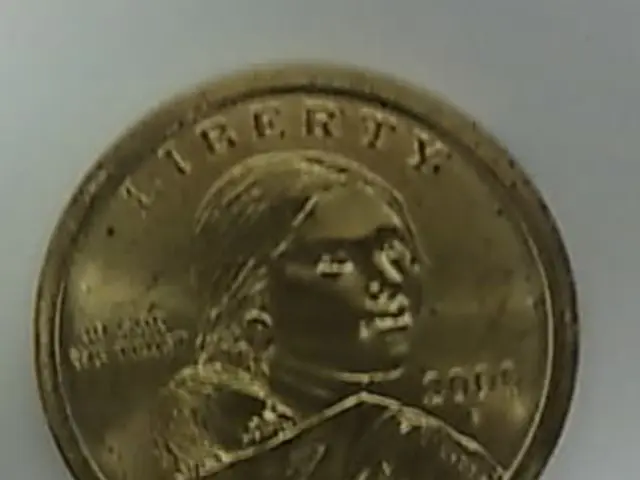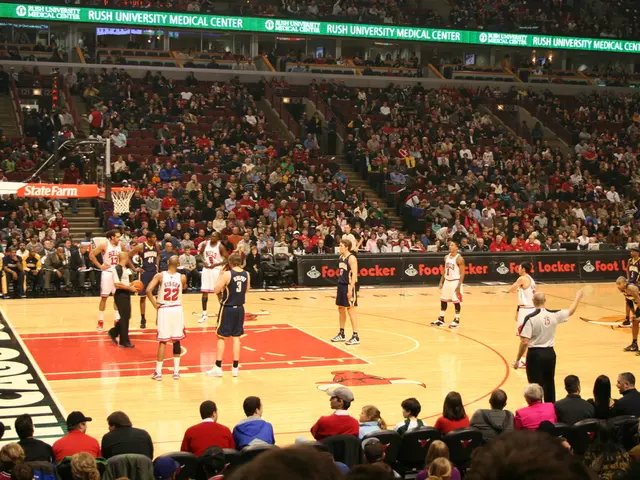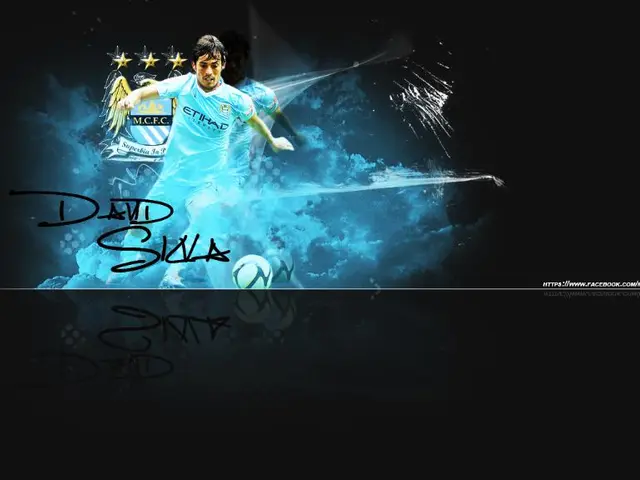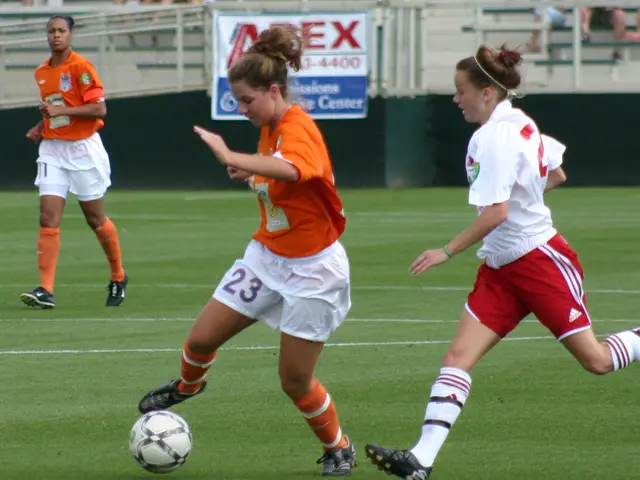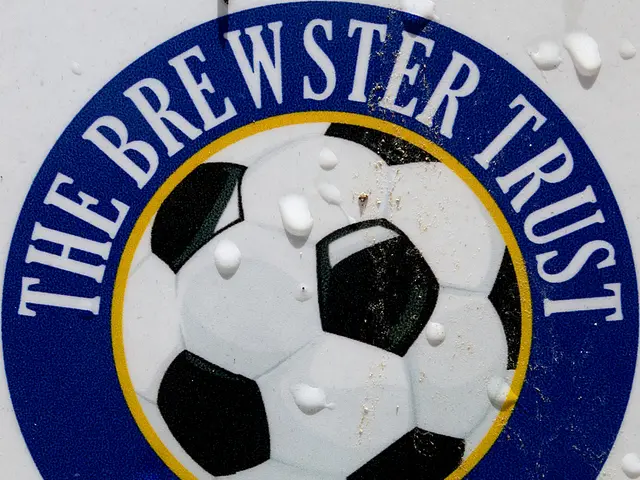Russia's "Victory Day": A Modern-Day Political Spectacle
Manipulation of Memorial by Russian Propaganda: Exploitation Practices
On the 80th anniversary of the end of World War II in Europe, the celebration of Russia's "Victory Day" has transformed into a grandiose political spectacle. Annually marked on May 9, this occasion serves as a potent testament to the Soviet Union's triumph over Nazi Germany in the "Great Patriotic War." Think of it as a national adrenaline rush, dripping with history, pride, and brute strength.
Now, let's delve a tad deeper.
Planning Ahead
The festivities in Russia kick off with a year-long planning process, coordinated from Moscow. The proceedings, marked by a unified logo and design guidelines, unfold in a myriad of regional locales — from St. Petersburg to Smolensk and Volgograd. The scene also includes military bases, where tanks, fighter jets, and patriotic marching troops dazzle the spectators during military parades. And, naturally, the showpiece takes place in Moscow, featuring tanks rumbling across Red Square, fighter jets soaring high above, and elite units strutting their stuff for the reviewing stand, including those involved in Russia's ongoing struggle against Ukraine.
So, why all the big fuss?
Russia's aim is crystal clear: to demonstrate strength, both domestic and foreign, through these celebrations. In the early 2000s, after Putin came to power, these parades took on an increasing military tone. A decade ago, when I argued with Russian pals over this very point, I found it downright chilling. The annexation of Crimea and the ensuing invasion of Ukraine serve as plain proof that my fears were misguided pessimism. By tapping into the vein of the population's patriotism through these grand spectacles, the Russian government mentally prepares its population for conflict and maintains minimal support for its aggressive actions, such as the so-called "military special operation" in Ukraine.
International Scrutiny
Putin yearns for foreign recognition of Russia's historical achievements and power. And yet, at the same time, he signals Russia's claim for a leading role in world politics. There's a tense dance between the desire to flaunt Russia's might and the need to be accepted on the world stage. Quite the balancing act, don't you think?
Historical Conflicts and Crossfire
In today's world, history has become an ammo belt of ideological warfare. The narrative of the end of World War II has been a significant fault line for decades. The fight over memory is being waged fiercely, as territorial power claims are built and refuted using historical arguments. History is once again a weapon.
A simple explanation for the different dates of commemoration in Russia (May 9) and European countries like Germany (May 8) lies in the fact that the unconditional surrender was signed on two separate occasions and at two different locations.
The War of Memory
The conflict between Russia and Ukraine, fueled by the annexation of Crimea, the Euromaidan movement, and the continuing invasion of Ukraine, has fed the ongoing "war of memory." Russia has long claimed ownership of the holiday, using it to construct the myth of the decisive victory over fascism. Putin's justification for the Ukraine war is that he's combatting the resurrection of fascism there, further entrenching the historical narrative in Russia's imperialist ambitions. Oh boy, it's some strange times we're living in!
No Love Lost
The conflict between the interpretation of the end of World War II has intensified in recent years, leading to a bitter divide between the proponents of the Russian narrative, emphasizing the Red Army's liberation of Europe from fascism, and those who wish to acknowledge the Soviet Union's historical achievements without emphasizing the role of the Red Army. Ethical disagreements aside, Germany is not directly engaged in a war of memory with Russia, unlike the Baltic states, Poland, or Ukraine. Nonetheless, the overlapping of traditional historical views with political preferences has created bizarre faction formations, especially on the far-right side of the political spectrum.
What's Next?
Germany, while not directly involved, seems to be somewhat divided itself, with remnants of Cold War era narratives persisting. As Putin continues to use the narrative of the fight against fascism to legitimize the war and mobilize the populace for this senseless conflict, it remains to be seen how the Germans — and the rest of the world — will respond.
Remember, Russia's "Victory Day" is more than just a celebration of history and a commemoration of the fallen heroes; it's a political tool meant to justify present-day aggressions and manipulate perceptions. So next time you come across a news article about Russia's Victory Day festivities, bear that in mind.
- The European Union watches with scrutiny as Russia commemorates its "Victory Day," perceiving it as a modern-day political spectacle aimed at demonstrating strength and consolidating national sentiments.
- In Belarus, where historical narratives often mirror those of Russia, the commemoration of "Victory Day" has taken on a more pronounced political character, evoking heated discussions on Whatsapp groups and Osteuropa forums about Russia's role in World War II and its ongoing actions.
- Politics in the European Parliament has become increasingly polarized in recent years, with debates surrounding Russia's "Victory Day" and its implications on general news headlines fueling ideological divisions among members.
- Despite the political overtones, the commemoration of Russia's "Victory Day" remains a significant event in the country, serving as a powerful symbol of the nation's history, pride, and national identity that resonates with the populace.

